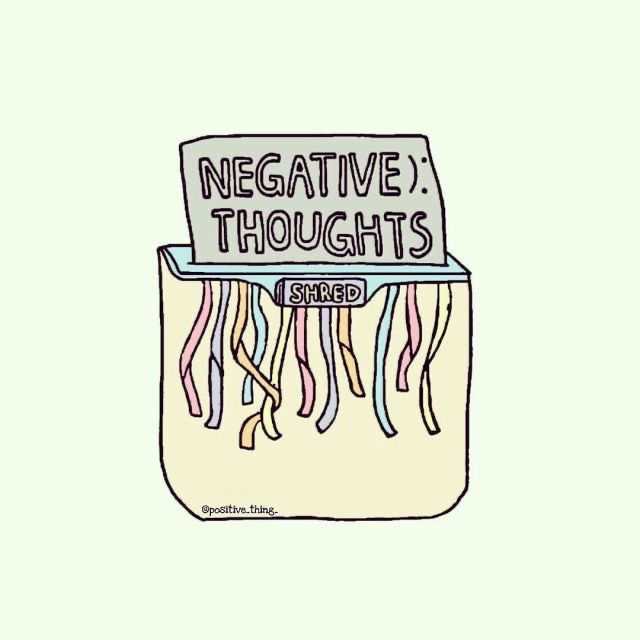6 WEEKS OF ONLINE THERAPY IN LOCKDOWN
- Abi

- Oct 18, 2020
- 3 min read
I know I'm not alone in experiencing significant set-backs in my mental health since the emergence of COVID-19 and the resulting lockdown.
I've struggled with anxiety since a young age. Throughout my life I've found the simplest of day-to-day activities challenging and at times unbearable. These include going shopping, using public transport, eating out in restaurants and cafes, going to theatres and other crowded public venues, or being in any kind of high-rise building that I find myself feeling trapped in.

Exposure to the things that you're afraid of is key in anxiety disorders to disprove and dismantle the distorted beliefs driving your fear.
Being unable to maintain my exposure to the things that bring me anxiety has meant that even the thought of doing them post-lockdown has induced feelings of anxiety and fear. They have seemed more impossible than ever. The few times that I have since entered a shop or sat in a cafe, I've found old symptoms of anxiety that I thought were gone for good returning.
All my progress over the years had been undone.
With my anxiety at a perilous tipping point, I decided to get some professional support. Due to having little financial freedom after losing my job in March, I reached out to NHS (Sussex) Time to Talk and completed an online self-referral. After a two-week wait I was contacted and I completed an hour long telephone assessment which in itself was an incredibly therapeutic discussion.

One week later they contacted me to confirm that I qualified for therapy and had decided that Cognitive Behavioural Therapy would be most suitable (see my blog post Conquering Anxiety for more on this). I was given the option of remaining on the waiting list for over-the-phone therapy with the NHS directly, or using Ieso Digital Health to conduct online CBT. Neither of these options were ideal, as I know how important it is to be able to build an in-person rapport with your therapist, but I decided I didn't want to wait so opted for the latter (I'm also not a massive fan of talking on the phone so this style of therapy was perfect for me). The following week I was assigned a therapist who reached out to me and booked in our first online appointment for the week after.
In the space of a month I had referred myself, been assessed, been assigned a therapist and had my first appointment booked in. For a time in which resources are low and demand is high, this rapid turn around was really impressive.
As I had completed a course of CBT a few years prior and not found it particularly useful, I went into my first online appointment feeling dubious, and although at some points over the six weeks it felt like I wasn't going to get anything out of it, I can now see the progress I've already made.
I learnt new coping skills, like the square breathing technique.
I was reminded of old tools, like coping statements.
I was taught the science behind panic, which helps me face it with less fear.
My distorted beliefs about not being able to breathe were disproved.

The biggest takeaway, however, was learning to be patient and kind to myself, taking small steps in this journey to normality. Our main objective throughout the six weeks was challenging my anxiety within the confines of COVID-19. This involved setting myself a challenge each week that gradually increased in severity. Having a therapist that held me accountable and encouraged me to do these things, safely, was so instrumental to achieving this.
And now, after practicing this process of exposure with my therapist, I feel confident continuing to do so independently, gradually moving up the ladder once I conquer each stage without any distress.

Whilst it's unsurprising that my anxiety still remains, I know that if I hadn't had the accountability, reassurance and coping skills provided by my therapist over the last six weeks I would still be sat at home fearing the outside world.
With this, I urge any of you who are struggling with your mental health, whether that is COVID related or not - get the support you deserve. Take the first step to regaining control. Therapy is available to you, even now, and so are better days ahead.




Comments